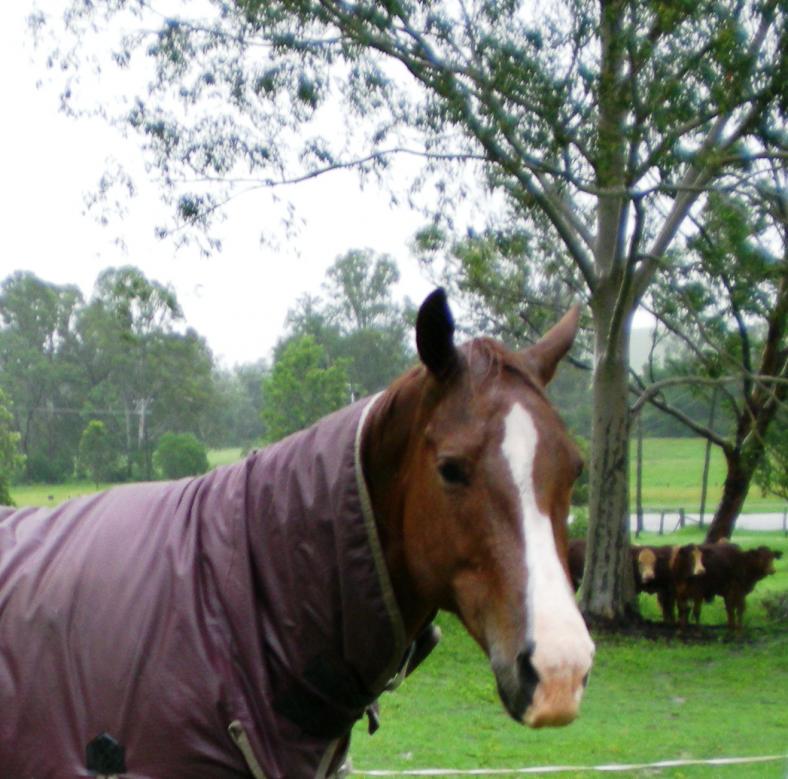Horsezone News
Are You Ready for Storm and Cyclone Season? Plan Now!
Published on Sunday, November 21, 2010 in General

Cyclone season is upon us and the Australian Veterinary Association (AVA) has released information brochures to help farmers ensure the safety of their horses and other livestock during seasonal storms, floods and cyclones.
AVA spokesperson Dr Alex Burleigh warns that itís important to also plan for the worst for our animals as well as ourselves at this time of year.
ďItís best to be overly cautious when planning for these events. Preparing ahead of time and acting quickly can be the best way to keep yourself, your family, and your livestock out of harmís way,Ē said Dr Burleigh.
"Be prepared for possible disruption to services, including power, water and phone lines for extended periods of time. Itís important to have a plan in place, and to run through your plan before the cyclone season starts,Ē he said.
The AVA has produced brochures about protecting horses, livestock and pets during the cyclone season. You can download these from:[URL="http://www.ava.com.au/publicinfo"]www.ava.com.au/publicinfo[/URL]
The AVA encourages farmers in affected areas to talk to their local veterinarian about planning for a cyclone or flood. Your vet will be able to help to assemble an emergency kit and prepare an evacuation plan.
There are some key things to remember when preparing horses and livestock for a cyclone or flood.
- Consider the safest housing locations for all animals on your property and check on the safety and stability of these enclosures. These facilities may be necessary if evacuation off your property is impossible. If the enclosure is not sound, it is safer to let your horses or livestock to remain in the paddock.
- Have back up sources of food and clean water available in case flood waters cut off feed supplies or the stock feed suppliers are closed for extended periods.
- On farms and rural blocks, ensure that generators are available to provide clean water for stock. Remove any debris that could cause injury during storms or strong winds.
- If your land is prone to flooding itís important to organise an alternative area to evacuate animals to. This could be a neighbourís farm, show ground, or club grounds.
- Be prepared in the event that you are not at home when a cyclone or flood hits. You can do this by providing clear signage indicating the number and location of animals, a list of emergency supplies, and making emergency plans with neighbours.
story: www.ava.com.au
Be the first to comment on this article
You must be logged in to place comments
News Search
Categories
- General
- Event Results
- Stallionzone
- Sponsored Shows
- Clubs
- Health
- Feature Horses
- Competitions
- Five Minutes With Horsezone
- Young Riders
- Reviews
- Training and Clinics
- Postcards from the saddle
- 2014 Equitana by HORSE FIRST
- 2013 Equitana
- 2012 Equitana
- 2012 London
- 2011 Equitana
- 2011 Queensland Floods
- 2010 WEG
